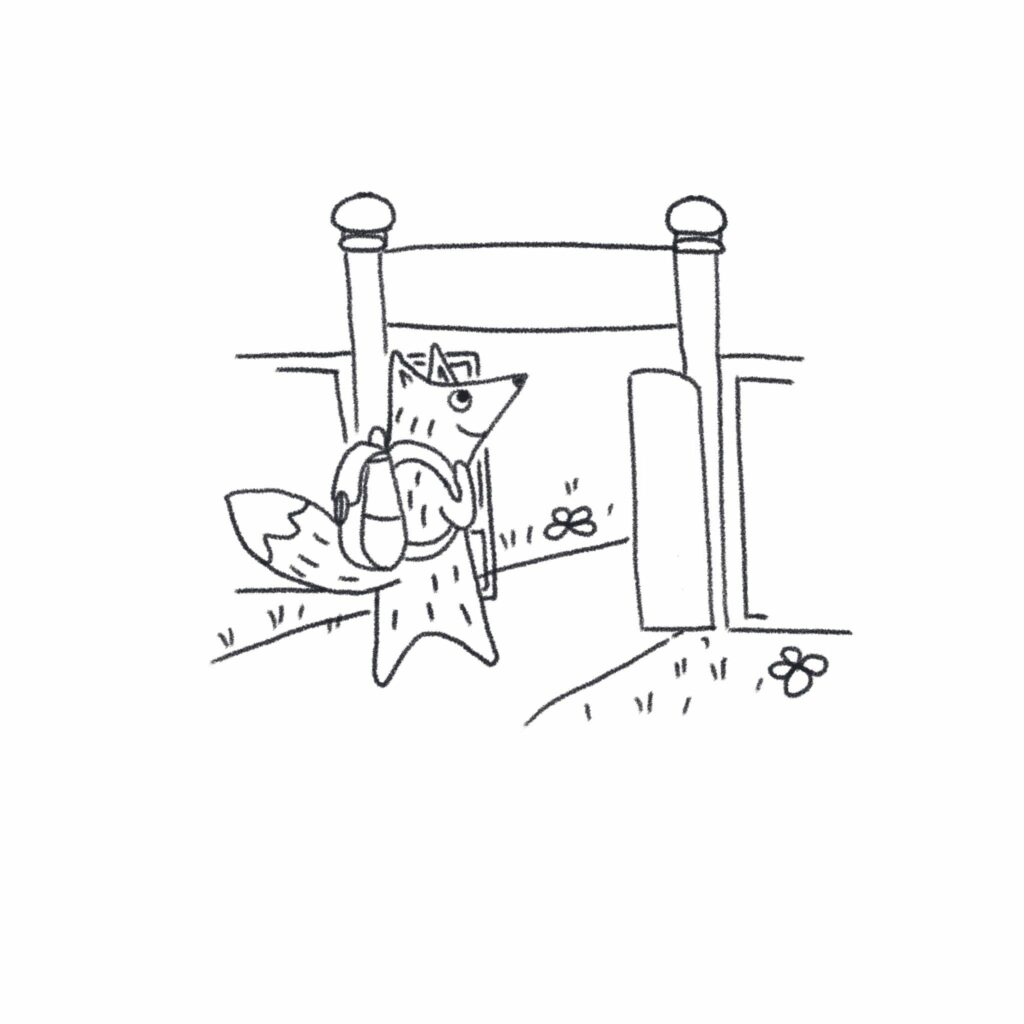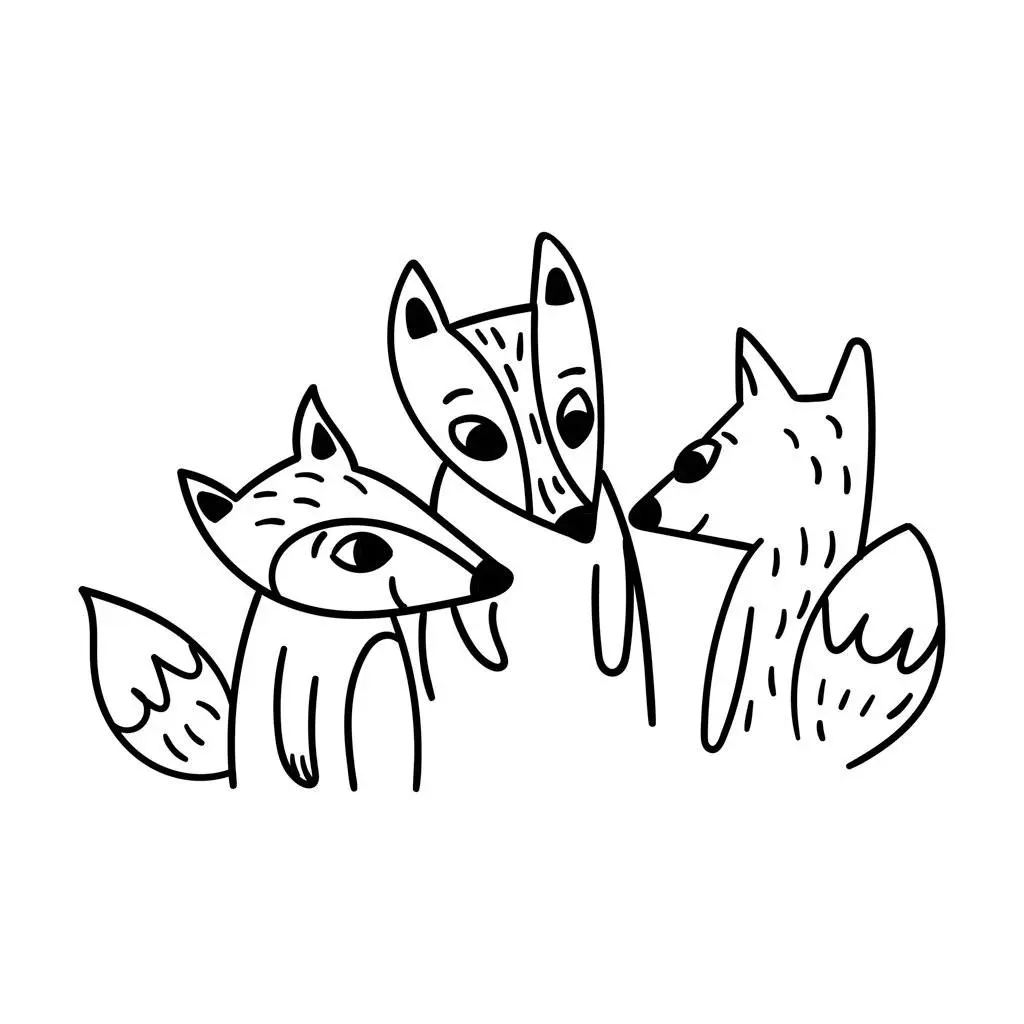Why is your child so captivated by her reflection in the mirror. It turns out that babies love looking at human faces, including their own, and playing with mirrors can offer a host of developmental benefits. In this article, we’ll explore the reasons behind babies’ fascination with mirrors and how mirror play can contribute to their growth and learning.
1. Self-awareness
Your baby’s fondness for their reflection is the beginning of their journey towards self-awareness. By observing themselves in the mirror, they learn that they are separate from their surroundings, laying the foundation for recognising themselves as an individual.
2. Bonding
Mirror play can strengthen the bond between you and your baby. As you both interact with your reflections, your baby develops a sense of connection and trust with you.
3. Visual development
When my eldest son was four months old, we placed a baby-safe mirror in his play area. He was instantly drawn to it and would spend a lot of time looking at his reflection. As he focused on his own face and followed the movements of our reflections, his visual skills improved significantly.
Mirrors can stimulate your baby’s visual development. The high-contrast surface captures their attention, helping to train their eye muscles and improve focus, tracking, and depth perception.
4. Motor skills
When your baby attempts to touch or reach their reflection, they practice different movements that help develop their gross and fine motor skills.
5. Emotional development
Mirrors play a crucial role in helping your baby recognise and interpret facial expressions. By observing their own and others’ expressions in the mirror, they learn to associate emotions with specific facial cues, paving the way for developing emotional intelligence and empathy.
6. Cognitive development
Interacting with a mirror can boost your baby’s cognitive development by promoting problem-solving and cause-and-effect understanding. They learn that their actions, like waving their hand, can cause a reaction in the mirror.
7. Language development
As you play with mirrors together, describing what you and your baby are doing helps them learn new words and understand the context in which they are used.
In conclusion, while mirror play isn’t essential for your baby’s development, it can provide a range of benefits that support self-awareness, bonding, and various developmental milestones. As you engage in mirror play with your baby, remember to use age-appropriate mirrors made from safe materials like plexiglass or mirrored acrylic, rather than real glass. This simple, inexpensive toy can work wonders for your baby’s growth and learning, while also fostering a stronger bond between the two of you.




